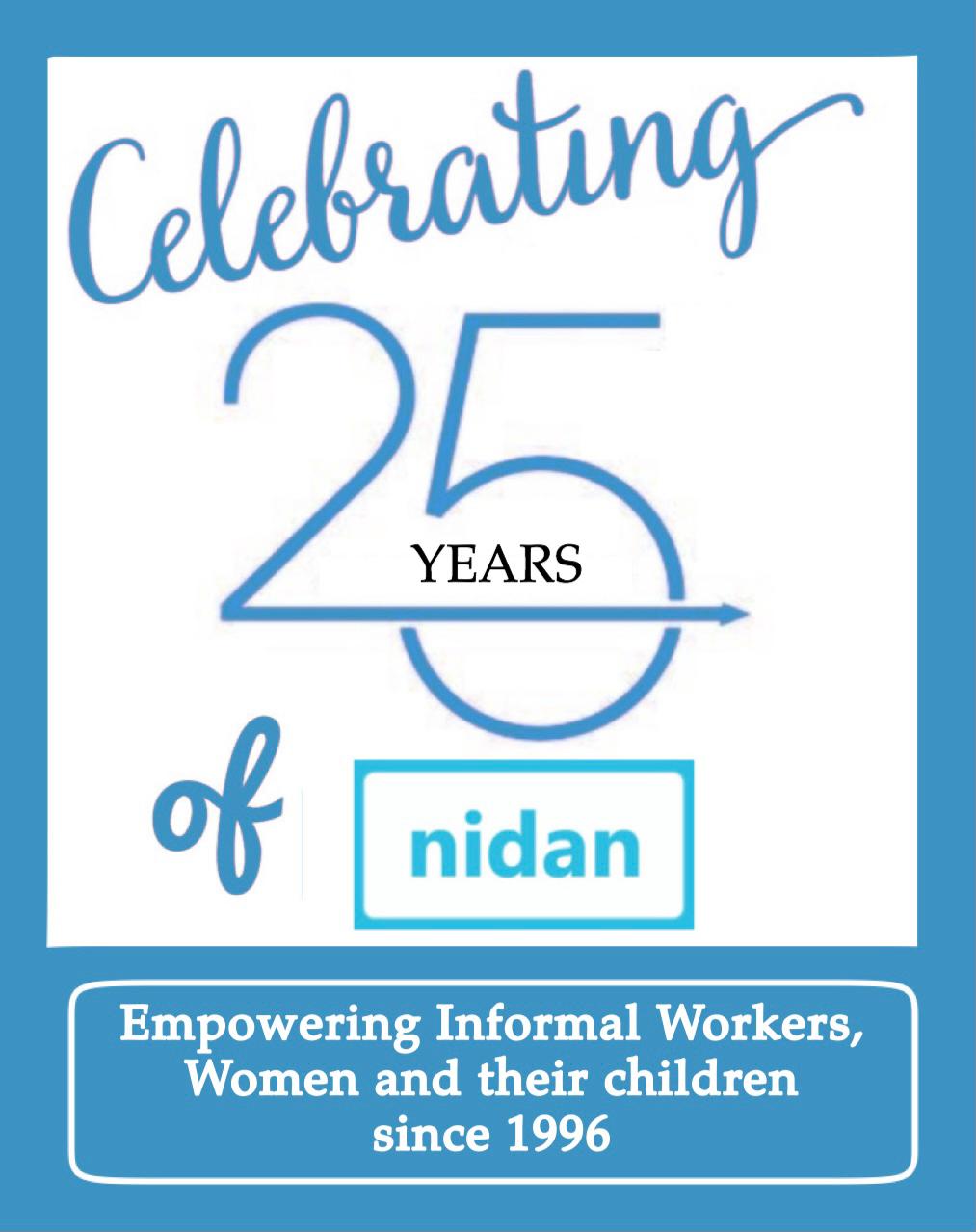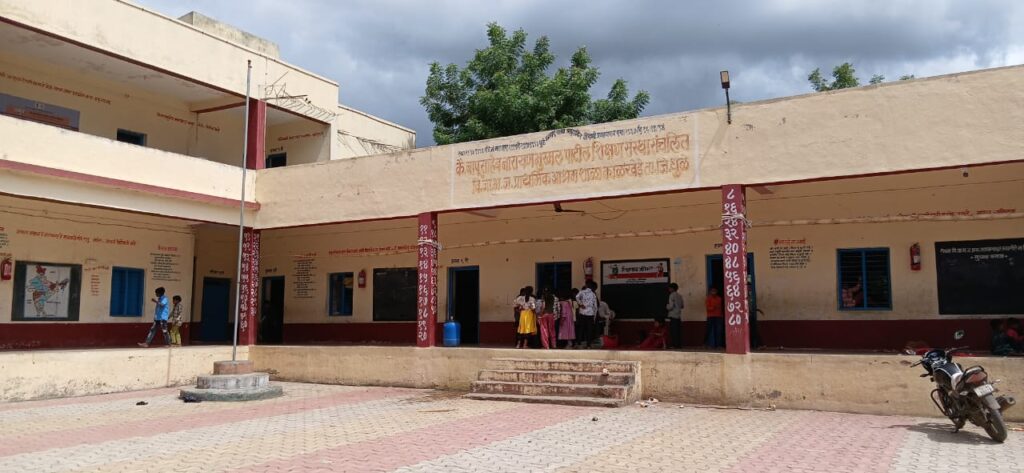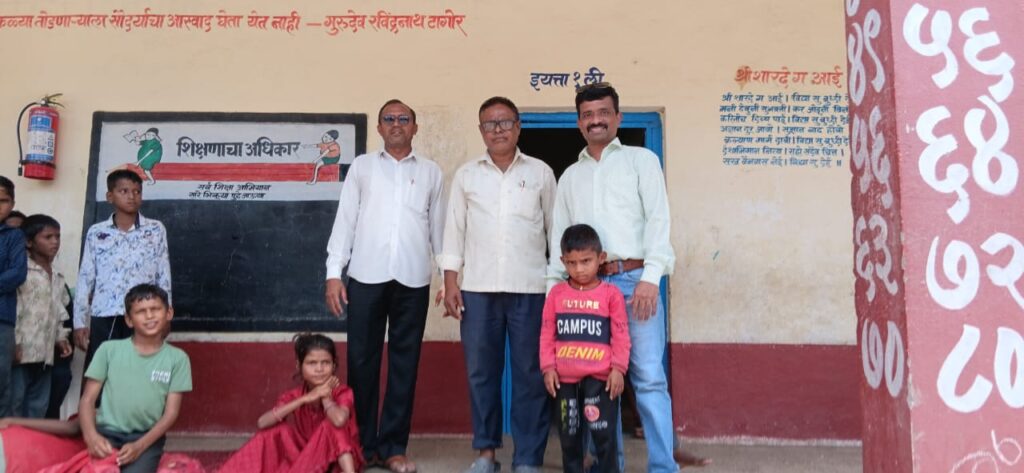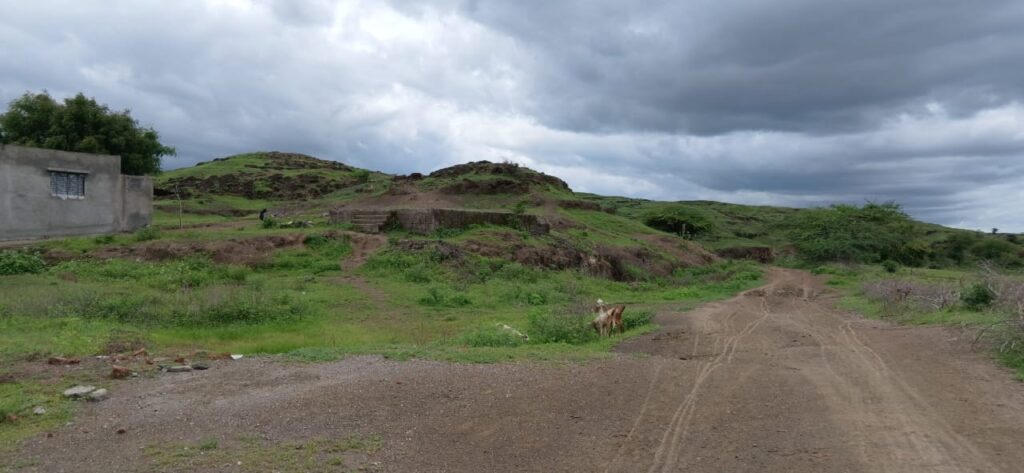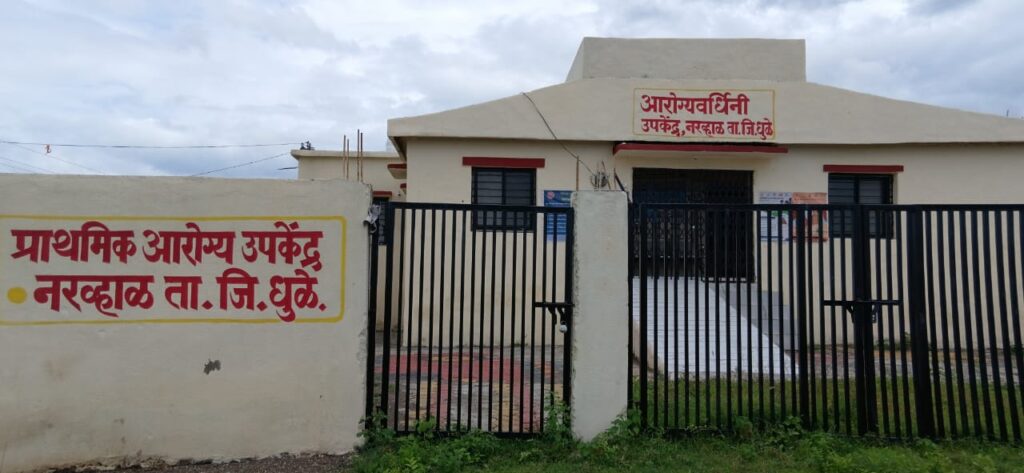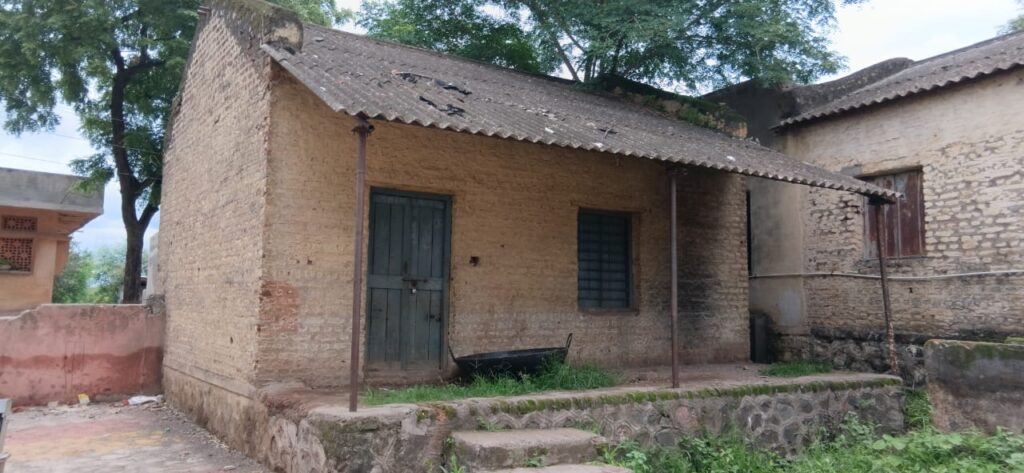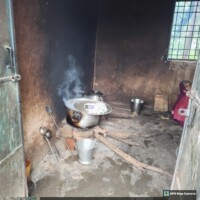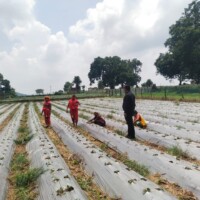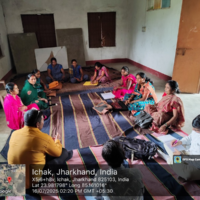Nidan has re-energized its commitment to rural development by re-launching targeted initiatives in partnership with its CSR collaborators across key districts in Bihar, Jharkhand, and Maharashtra. These efforts are rooted in the belief that holistic rural development holds the transformative power to uplift underserved and marginalized communities. By focusing on critical areas such as health, sanitation, nutrition, environmental sustainability, education, and livelihood enhancement, the program aims to create a lasting impact on the lives of those most in need. Each intervention is designed to address local challenges while empowering communities to take charge of their own development journey.
With a strong foundation of grassroots experience and deep institutional capability, Nidan is strategically implementing these initiatives in Madhubani district (Bihar), Chatra district (Jharkhand), and Dhule district (Maharashtra). These regions, while rich in potential, face numerous socio-economic hurdles that require inclusive, people-centric solutions. Nidan’s approach blends innovation with community engagement to ensure meaningful change, and our dedicated teams on the ground are working tirelessly to translate these visions into measurable outcomes. Together with our CSR partners, we are committed to building healthier, more resilient, and self-sustaining rural communities.
